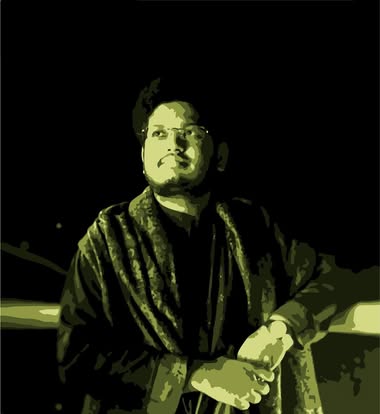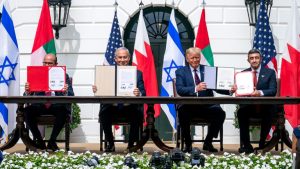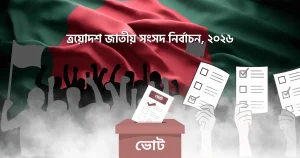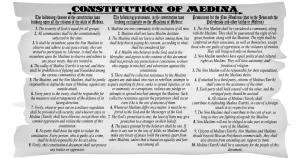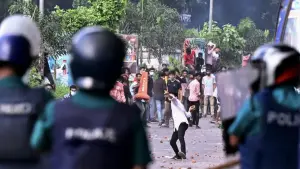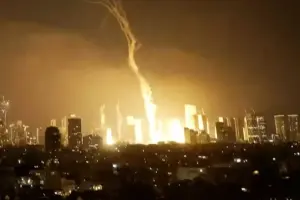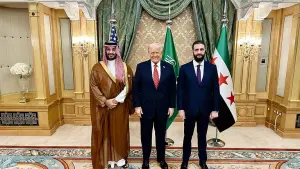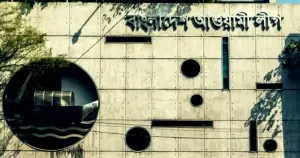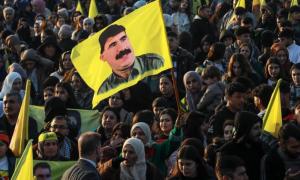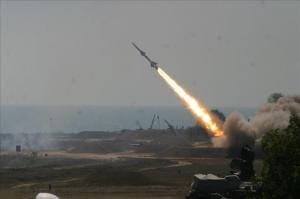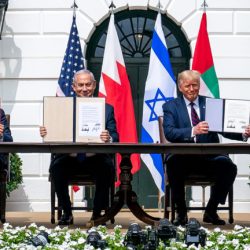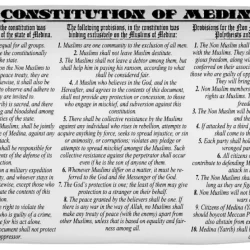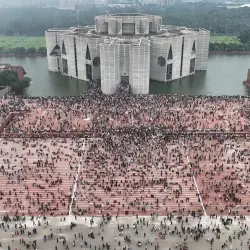On May 28, 2023, Turks will vote in a presidential election runoff between the incumbent Tayyip Erdogan and his challenger Kemal Kilicdaroglu that will decide whether the president extends his rule into a third decade. Here is a guide to the runoff, the two candidates, and the key issues as well as details on Turkey Election 2023. This is a very important and historic event for Turkey and the region, and I think you should know some facts and background about it. So, let’s get started!
What is the presidential election runoff?
The presidential election runoff is the second round of voting for the president of Turkey, who is the head of government and has broad powers over the economy, security, domestic and international affairs.
In the first round of voting on May 14, Erdogan got 49.5% support, falling just short of the majority needed to avoid a runoff in a vote seen as a referendum on his autocratic rule. Kilicdaroglu, the candidate of a six-party opposition alliance, received 44.9% support. Nationalist candidate Sinan Ogan came third with 5.2% support and was eliminated. Therefore, a runoff will be held between the two leading candidates: the incumbent Tayyip Erdogan, and his challenger Kemal Kilicdaroglu.
/cloudfront-us-east-2.images.arcpublishing.com/reuters/RJKGD7X2PFKB3KU7IICE6CT6MY.jpg)
A referendum in 2017 narrowly approved Erdogan’s move to broaden the powers of the presidency, making the president head of government and abolishing the post of prime minister. As president, Erdogan sets policy on Turkey’s economy, security, domestic and international affairs.
Who are the candidates?
President Tayyip Erdogan
Tayyip Erdogan is the current president of Turkey and the leader of the Islamist-rooted AK Party (AKP), which has been in power since 2002. He is seeking a third term as president after winning the first round with 49.5% of the votes. He is widely seen as a strong and charismatic leader who has transformed Turkey’s strong economic growth, society, and foreign policy, but also as an authoritarian ruler who has cracked down on dissent, media freedom, and human rights. He has also faced criticism for his crackdown on dissent and media freedom following a failed coup attempt in 2016. He has also been accused of eroding Turkey’s secular values and alienating its Western allies with his foreign policy.
Is Modi scared of India’s textbook history?
However, victory would entrench the rule of a leader who has transformed Turkey, reshaping the secular state founded 100 years ago to fit his pious vision while consolidating power in his hands in what critics see as a march to autocracy.
Kemal Kilicdaroglu
Kemal Kilicdaroglu is the leader of the main opposition People’s Republican Party (CHP), which was founded by Mustafa Kemal Ataturk – the founder of modern Turkey. He is the joint candidate of a six-party opposition alliance that includes nationalists, liberals, socialists, and Kurds. He received 44.9% of the votes in the first round and hopes to end Erdogan’s rule by appealing to a broad spectrum of voters who are unhappy with his policies.
Kilicdaroglu has campaigned on a platform of restoring democracy and human rights, reviving the economy, and improving ties with Europe and NATO. He has also pledged to reverse Erdogan’s constitutional changes and restore parliamentary democracy.
Kilicdaroglu has been leading the CHP since 2010 but has failed to win any national elections against Erdogan. He has been seen as a weak and uninspiring leader by some critics but has also managed to unite a diverse opposition coalition that includes nationalists, liberals, and Kurds.
What are the main issues?
The main issues that divide the candidates and their supporters are:
The Economy
Turkey has been facing a deep economic crisis since 2018, with high inflation, unemployment, and debt. Erdogan blames external factors and enemies for the crisis and promises to overcome it with his experience and vision. Kilicdaroglu has accused Erdogan of mismanaging the economy and driving away foreign investors with his erratic decisions and interventions. He has promised to restore fiscal discipline, lower inflation, and interest rates, attract foreign capital, and support small businesses.
What is Woke Culture? Why is it so controversial?
The Pandemic
Turkey has been hit hard by the COVID-19 pandemic, with more than 6 million cases and 60,000 deaths as of May 2023. Erdogan has imposed lockdowns, curfews, and restrictions to contain the virus, but has also faced criticism for his handling of vaccine procurement and distribution. Kilicdaroglu has accused Erdogan of being slow and ineffective in dealing with the pandemic and pledged to speed up vaccination and improve health services.
The Democracy
Turkey has witnessed a deterioration of democratic norms and institutions under Erdogan’s rule, especially after a failed coup attempt in 2016 that triggered a massive crackdown on his opponents. Erdogan has expanded his powers through constitutional changes, purged thousands of civil servants, judges, academics, and journalists, jailed political rivals and activists, and tightened control over media and social media. Kilicdaroglu has vowed to reverse these trends and restore democracy, the rule of law, and human rights in Turkey.
The Foreign policy
Turkey has been involved in several conflicts and disputes in its region and beyond under Erdogan’s assertive foreign policy. Erdogan has intervened militarily in Syria, Libya, and Nagorno-Karabakh, clashed with Greece and Cyprus over energy resources in the eastern Mediterranean, faced sanctions from the United States over its purchase of Russian S-400 missiles, and strained relations with NATO allies and European Union partners over various issues.
Who are China’s Uighur Minority? What’s happening with them?
Erdogan has defended his foreign policy as defending Turkey’s national interests and sovereignty against external threats and interference. He has also sought to balance relations with Russia and China while maintaining ties with the West.
Kilicdaroglu has criticized Erdogan’s foreign policy as adventurist and isolationist, saying it has damaged Turkey’s reputation and security. He has pledged to improve relations with Turkey’s neighbors and allies, especially within NATO and the European Union. He has also said he would seek dialogue and cooperation rather than confrontation on regional issues and improve Turkey’s image in the world.
How will the runoff work?
The runoff will be held on May 28, 2023, from 8 am to 5 pm local time (0500-1400 GMT). More than 64 million Turks are eligible to vote at nearly 192,000 polling stations across Turkey and abroad. The candidate who gets more votes than the other will be declared the winner. The results will be announced by the Supreme Electoral Board (YSK) after verifying all ballots.
Why does it matter?
The outcome of the runoff will have significant implications for Turkey’s future direction and stability as well as its role in regional and global affairs. Erdogan’s victory would cement his grip on power for another five years and likely deepen his policies at home and abroad. Kilicdaroglu’s victory would mark a historic change in Turkish politics after two decades of AKP rule and potentially usher in a new era of reforms and reconciliation.
How minorities are being oppressed in India?
I hope you enjoyed this article and learned something new about Turkey’s presidential election runoff. If you have any questions or comments, please feel free to share them below. Thank you for reading!
